Aid and expert guidance for a successful first-time home purchase

Do you dream of becoming a homeowner but don’t know where to start? With the right preparation and the right partners, the path to your first property is more straightforward than it seems. From defining your budget to choosing the right apartment or house and navigating the administrative steps, the journey is exciting—but it can feel intimidating. Fortunately, with sound advice and seasoned professionals at your side, you can avoid common pitfalls and turn your first purchase into a genuine success.
First-time buyer status: definition
The term “first-time buyer”, as defined by lending institutions, applies to anyone who has not owned their primary residence in the past two years. This means that even if you own a second home or a rental asset, as long as you currently rent your main home, you may be considered a first-time buyer.
This status grants access to certain financial or tax advantages (see below). It ends once you sign the authentic deed of sale with the notary—the moment you formally become the owner of your new home.
With Maison Kyka by your side, buying and renovating an apartment or a house becomes remarkably straightforward. That said, understanding the mechanics will help you move forward with confidence.
“Despite my lack of time and experience, Maison Kyka made the purchase of my main residence in the 15ᵗʰ arrondissement smooth and enjoyable. Their team identified a high-potential property, managed the renovation with expertise and taste, and supported me at every step. The result exceeds my expectations. I highly recommend their services!”
Nans R.
Set your budget and prepare your real-estate project
The first step in any pruchase is careful preparation. Before diving into listings, take time to determine precisely:
- The financing plan for your project.
- The type of property you want to buy.
- The intended use of the property.
Calculate your borrowing capacity and obtain a mortgage in principle
Your budget flows from an accurate assessment of your current situation. Borrowing capacity depends on several factors: your income, employment stability, and personal circumstances. This assessment clarifies how much you can borrow and aligns your ambitions with market realities.
The first metric to calculate is your debt-to-income ratio—the share of your income that can be allocated to repaying a home loan. This is critical to the viability of your mortgage.
To structure the financing plan for a first purchase, you should:
- Determine your personal contribution (deposit),
- Calculate your debt-to-income ratio,
- Identify the first-time buyer aids you may qualify for.
Keep in mind that interest rates, monthly repayments, and loan term are central to your plan. Your objective: negotiate the most competitive terms with lenders.
Start by consulting your bank for an initial estimate of your borrowing capacity. Then, compare multiple institutions and competing offers.
Securing a financing proposal also gives you a valuable credential: a financing certificate. Signed by your bank, it demonstrates that you can fund the purchase. This reassures agents and sellers—and can set you apart from other buyers.
What type of property are you targeting? Existing or off-plan? New-build or period?
Defining the property type is equally important:
- Existing home or new construction?
- House or apartment?
- City-centre or countryside?
- New-build or old property?
Period properties are often more affordable, but renovation (apartment or house) adds cost. New-builds tend to be pricier at purchase, but they’re turnkey and typically more energy-efficient.
If you opt for a new-build, you may be offered a VEFA (Vente en l’État Futur d’Achèvement—off-plan purchase). You buy from plans before construction is complete, so floor plans and specifications are your primary reference.
Older properties may require additional investment to meet current standards. For example, obtain work estimates aimed at improving the property’s DPE (Diagnostic de Performance Énergétique—energy performance rating).
Call on Maison Kyka to combine period charm with modern comfort. Our project managers and in-house interior architecture studio support you across search, purchase, renovation, fit-out, and decoration—to create a home that reflects you while increasing its value.
“My experience with the team was exceptional. My architect perfectly understood my expectations and the project team was always attentive. The project was delivered on time and the result is fantastic. I’m extremely satisfied.”
Lyrod Levy
Main residence or rental investment?
What is your intent for this first real estate purchase ? Do you want buy your main residence or rent the property?
A lot of first-time buyers choose to buy to rent, which can be a good way to build long-term wealth while rental income helps service the loan.
If you plan to rent, research the local rental market to estimate achievable rent and assess rental yield. Consider your investment horizon: short, medium, or long term.
Even as an owner-occupier, occasional short-stay letting (where permitted) can offset annual carrying costs (loan, taxes, utilities, etc.).
What financial aid is available to first-time buyers?
When purchasing your first home, several forms of aid and preferential loans can lighten the financial load. You’ll need a solid file with documents such as:
- A valid ID;
- A family record book if you have dependants;
- A proof of address of less than three months or a lease contract if you are a tenant;
- The last three payslips for employees on a permanent or fixed-term contract, a certificate of tenure for civil servants, or the latest accounting statements for self-employed or business managers.
These documents are routinely required to assess borrowing capacity and determine eligibility for aid. Don’t wait until signing a pre-contract (compromis/promesse) to assemble them.
Loans tailored to first-time buyers
Under certain conditions, first-time buyers can take out subsidized loans, such as:
- The social homeownership loan
- The government-backed standard loan
- The zero-interest loan
- The home savings plan loan
- The accession loan from Action Logement
- The lease-home social loan
The social homeownership loan (PAS)
The PAS is designed for households with modest incomes and issued by banks contracted with the State, the PAS can finance up to 100 % of acquisition costs. Key advantages include:
- Flexible terms, from 5 to 30 years;
- Reduced notary fees;
- Possibility to combine this loan with other aid (eg., PTZ or Action Logement accession).
The government-backed standard loan (PC)
The government-backed standard loan is accessible without income conditions, and can finance a primary residence, new or old, with or without works. It features a capped interest rate and terms up to 30 years.
The zero-interest loan (PTZ)
The PTZ is a cornerstone aid for first-time buyers, awarded based on income and location. It complements a primary loan, such as a PC, PAS, or PEL-based loan.
The home savings plan loan (PEL)
Holders of a Home Savings Plan may qualify for a PEL loan. The amount depends on the plan’s opening date and is capped at €92,000.
The accession loan from Action Logement
This loan is intended for private-sector employees contributing to Action Logement (and the agricultural sector via Agri-Accession). It finances new-builds, VEFA, BRS (Bail Réel Solidaire—shared-equity ground lease), or purchases in the existing/HLM stock, and the construction of single-family homes.
Advantages include:
- Attractive fixed rate
- Potential to combine with Action Logement renovation loans
- No application, guarantee, or surety fees
The lease-home social loan (PSLA)
The PSLA facilitates ownership for households under certain income thresholds by allowing you to rent first, then buy, with benefits such as:
- Reduced VAT;
- At least 1 % price reduction per year of renting;
- 15-year exemption from property tax (conditions apply);
- Reduced notary fees.
Assistance for carrying out renovation work
If you are buying a house or an apartment requiring works, you should know that several aids are available to support you in the realization of your projects, in particular in the context of the energy renovation of a main residence.
Here are some examples of devices proposed by the National Housing Agency (Anah):
- MaPrime Rénov' : Grants for energy-efficiency works (means-tested);
- MaPrimeRenov' Copropriété : For condominium-level efficiency projects;
- Loc'Avantages : Incentives for landlords offering moderated rents;
- MaPrimeAdapt' : Adaptations for ageing in place or reduced mobility;
- MaPrime Logement décent : Rehabilitation of substandard dwellings.
With or without aid, smart budgeting and a well-prepared file are the keys to a successful first purchase. Book an appointment with one of our project managers—we’d be delighted to learn about your plans and present our tailored support.
Is now the right time to buy?
The idea of acquire your first home may be tempting, but beyond know whether to buy in 2025 or wait, it is crucial to properly assess your situation before taking the plunge. If you have sufficient borrowing capacity, it is nonetheless essential to ask yourself whether this is the right time to engage in such a process.
For example, if you are likely to move within two years, a new-build purchase may not be optimal: notary fees and ancillary costs may not be offset by capital gains if you resell quickly. In contrast, buying a property and commissioning renovation works can increase value faster—potentially enabling a gain after two years.
Likewise, if you’ve only recently started your career and lack a sufficient deposit, waiting to save may be prudent. While zero-deposit purchases are not impossible, banks are generally more cautious and the process can become complicated. Taking time to strengthen your profile often leads to better financing terms.
Our expert tips for a successful first purchase
Four tips to make a successful first real estate purchase :
- Be patient.
- Choose the right property by asking the right questions.
- Master the financial dimension.
- Surround yourself with the right professionals.
1. Be patient
Time is a crucial factor. From budgeting to searches, viewings, negotiations, and the notary appointment, months can pass. Stay focused and resist rushing a decision that could prove costly.
So you will probably have to visit several properties before you come across the one that ticks all your boxes. It is imperative to remain flexible and persistent, without rushing to the first opportunity and taking the risk of buying a property too quickly and too expensive.
2. Choose the right property by asking the right questions
For your first real estate purchase to be a success, it is crucial to ask yourself the right questions. Every project is unique, so approach each property with a structured checklist to avoid surprises.
Evaluate, compare, and negotiate
The condition of the property is obviously a determining criterion. It is important to know which questions to ask when viewing an apartment or a house.
For example, insulation, plumbing, electrical installation, or safety standards can lead to expensive work. By anticipating these potential works, you can better negotiate the purchase price or plan an additional budget for the renovation from the start.
Buying in a condominium?
If you are buying a condominium, it is essential to be well informed of the specificities associated with it. Condominium fees, for example, must be included in your financing plan, as they can represent a significant cost.
In addition, you will also need to inquire about the condition of the building, especially with regard to upcoming work in the common areas, which may result in additional costs.
The neighborhood and the surroundings
The environment in which the property you want to buy is located plays a key role in your daily comfort of life.
It is therefore important to be well informed about public transport, schools, and nearby shops, but also the tranquility of the neighborhood and the neighborhood. Factors such as ambient noise, the amount of sunlight in your home or the quality of the air can influence your quality of life.
Before making a commitment, remember to consult the town hall in order to find out about urban development projects around your future property. Some future construction or work could influence the tranquility and value of your home. Whether it is noise pollution related to construction sites or new infrastructures, it is essential to find out in advance to avoid unpleasant surprises as much as possible after the purchase.
3. Mastering the financials
To make your first real estate purchase a success, the financial aspect is essential and must be considered from all angles. It is not only your borrowing capacity that counts, but also the personal contribution that you are able to invest in the project.
Once you have established your borrowing capacity, it is recommended that you involve the competition. You can consult several banks or use a broker to find the most advantageous conditions. Negotiating and signing the loan require taking an interest in interest rates, bank fees, loan term, early repayment conditions, etc.
Be sure to carefully review each proposal and optimize every detail, as small variations can lead to significant savings over the life of the loan.
In parallel with the mortgage, it is advisable to take out borrower insurance. Although it is not legally mandatory, it is almost always required by banks.
If you hold savings in an employee savings plan (PEE/PEI/PEG), note that funds can be unlocked early for your primary residence. Though typically blocked for five years, home purchase is a permitted early release—an underused tool that can make your first purchase possible.
4. Work with the right professionals
In such an important project, it is very useful to be well supported. A mortgage broker, for example, can play a decisive role in the valuation of your file with banks.
Its mission: to present your profile in the best light in order to obtain a more advantageous interest rate and to negotiate application fees, which can sometimes reach several thousand euros. A well-informed broker knows what levers to use to make your case irresistible, thus increasing your chances of obtaining financing under the best conditions.
When it comes to sourcing the property, you can directly buy from an owner or through an agency. While the first option allows you to reduce some costs, it also requires greater involvement on your part.
On the other hand, calling on a real estate professional allows you to benefit from their network and expertise, increasing your chances of finding the ideal property in a shorter period of time.
At Maison Kyka, we provide bespoke support. Our property hunters typically find a match within weeks. Once secured, our interior architecture studio designs, renovates, and furnishes the space—creating a one-of-a-kind home that reflects you while optimising long-term value.
With a team of experts at your side, each stage of your first purchase is simplified, de-risked, and optimised—turning a milestone into a stress-free success.
“My Maison Kyka experience was simply incredible! The team was fantastic from start to finish. My architect captured my ideas and transformed them into an exceptional design. They were always available for questions and fine-tuning details.”
Wembley Da Silva


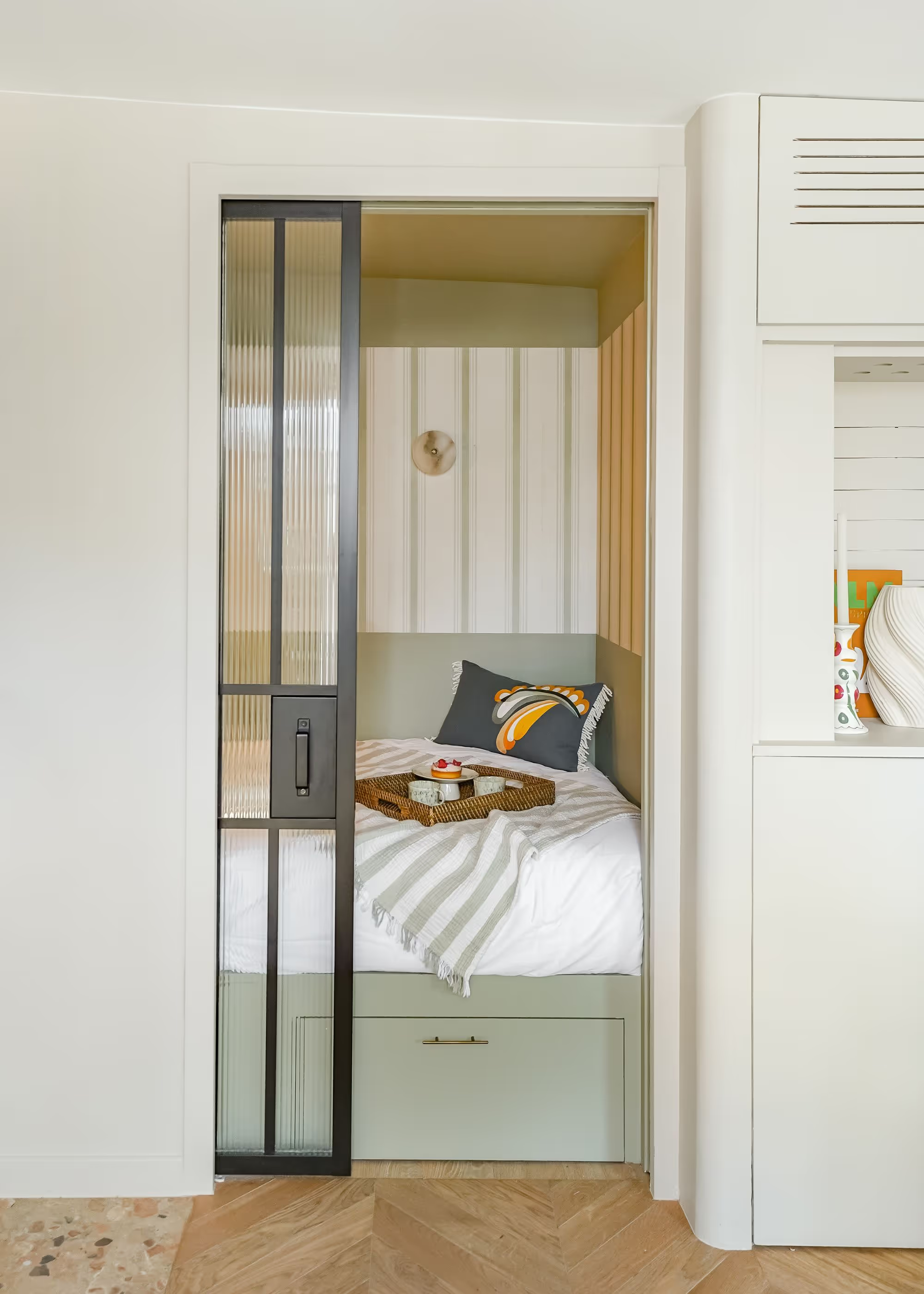
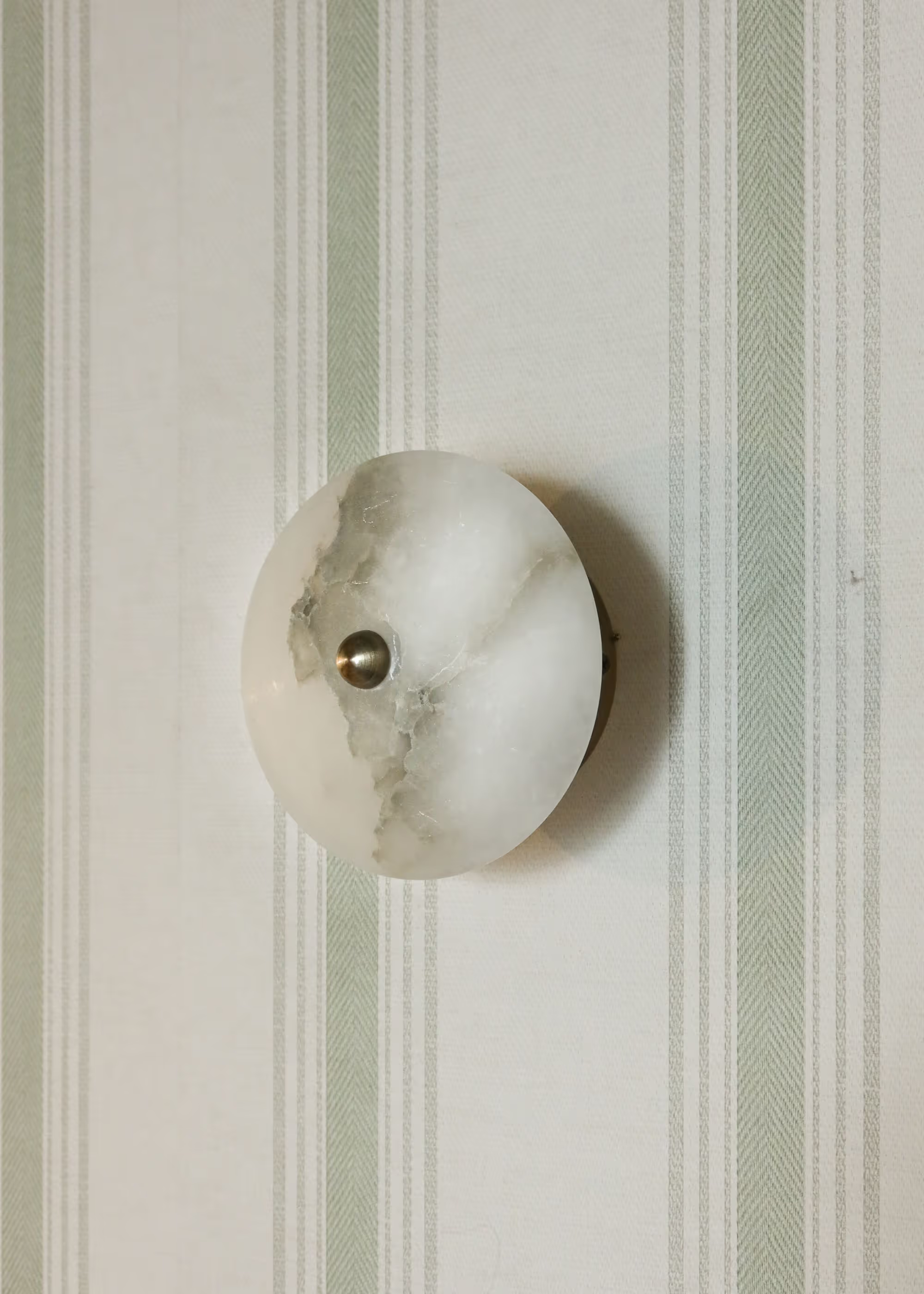
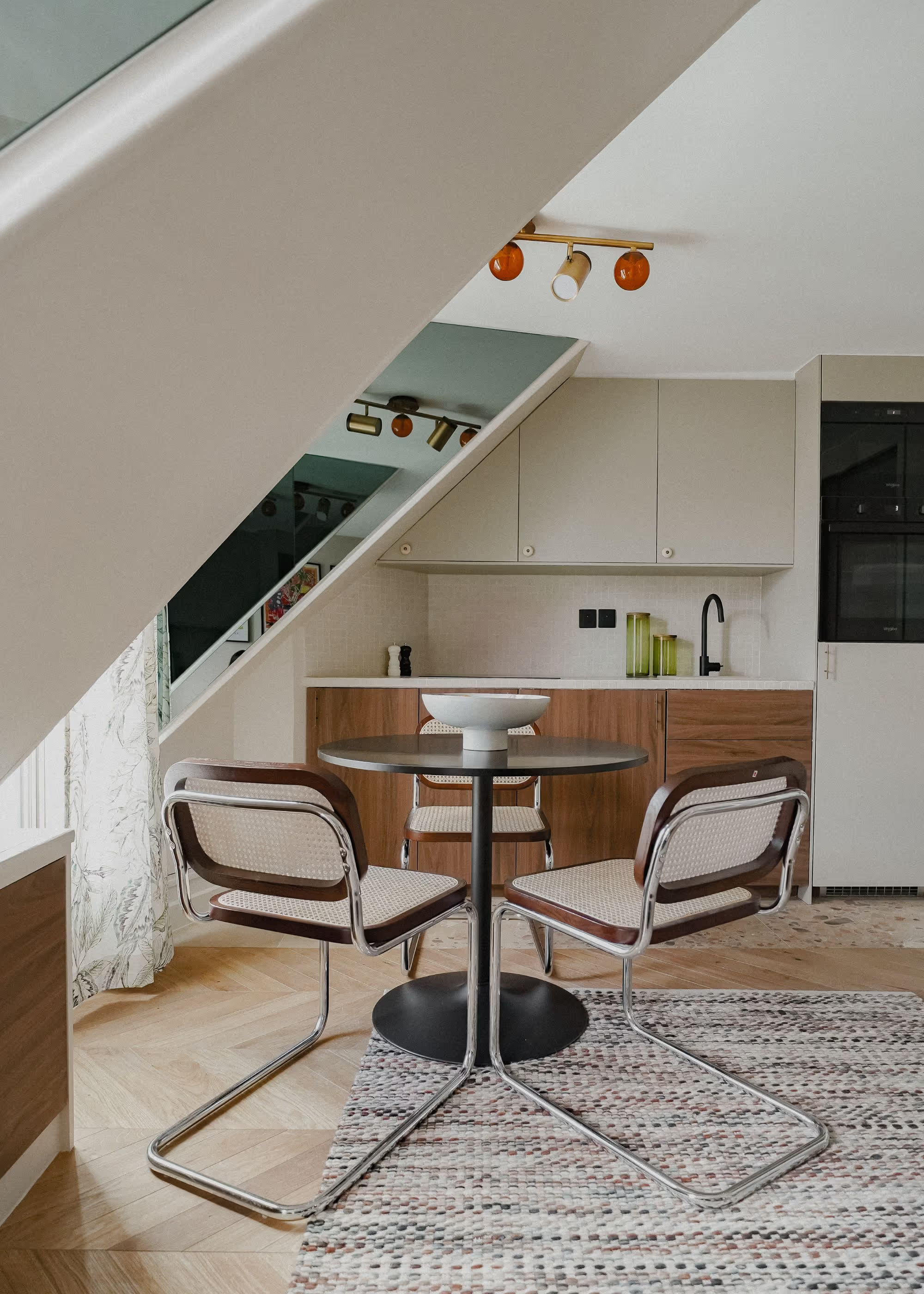
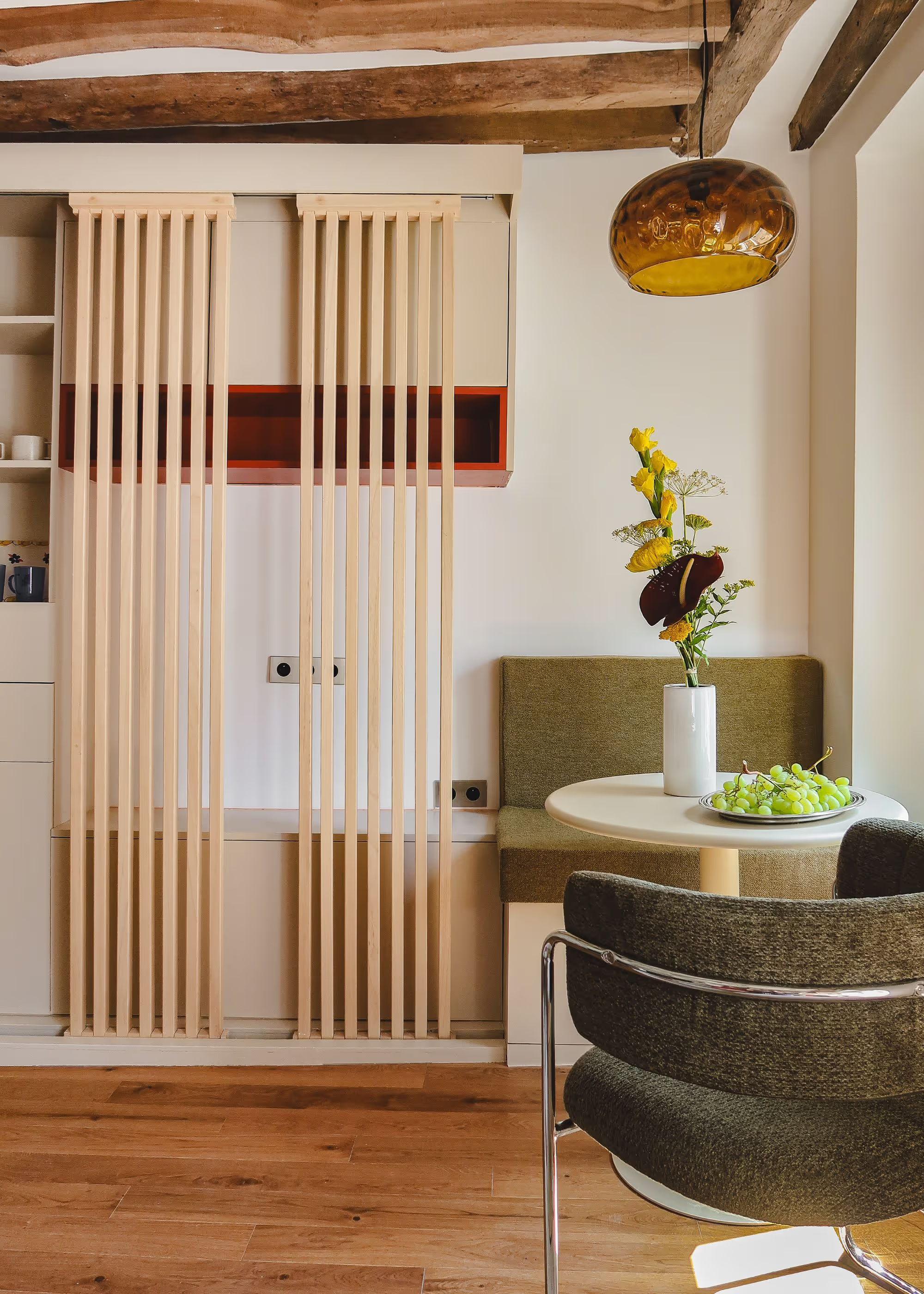
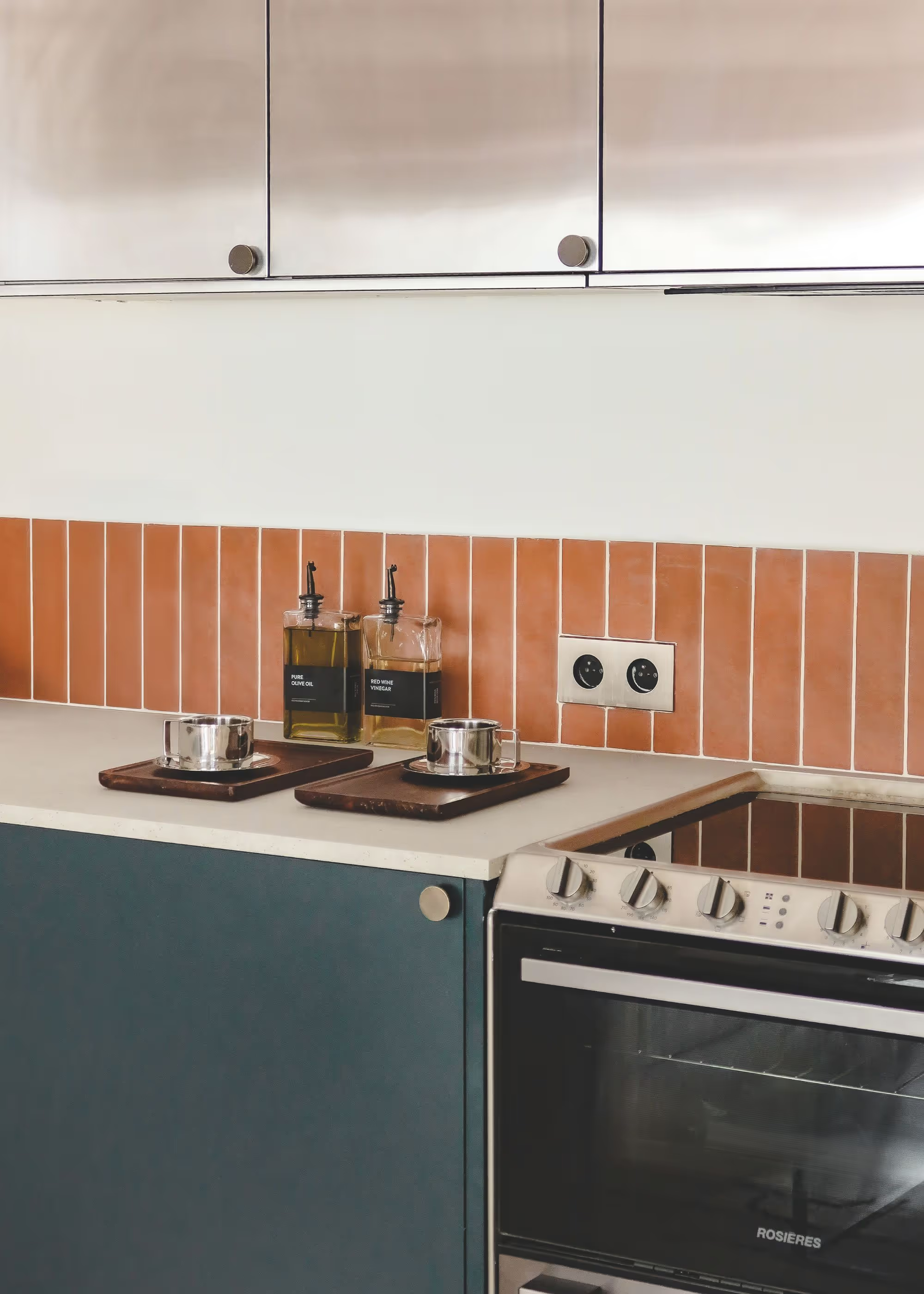
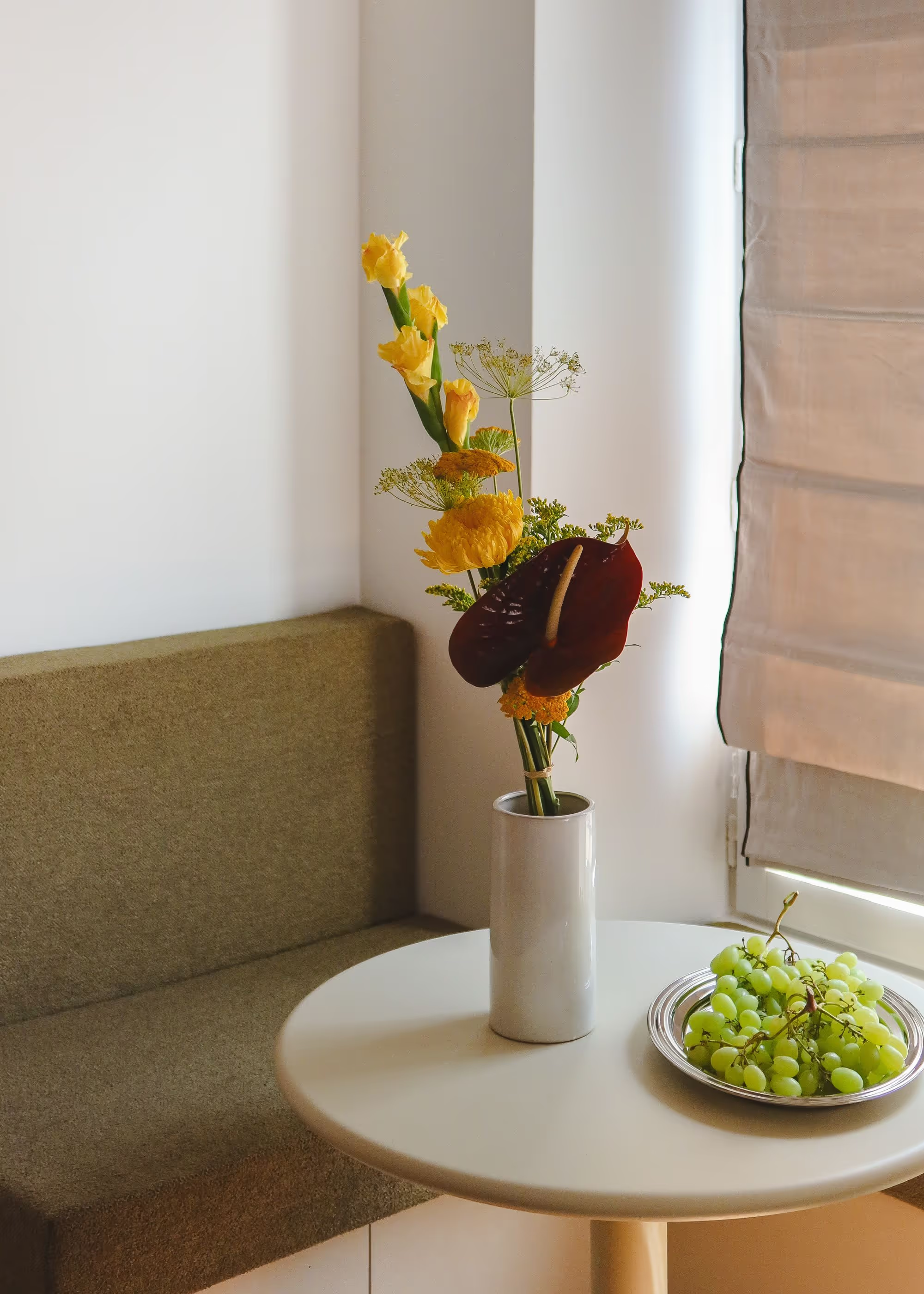

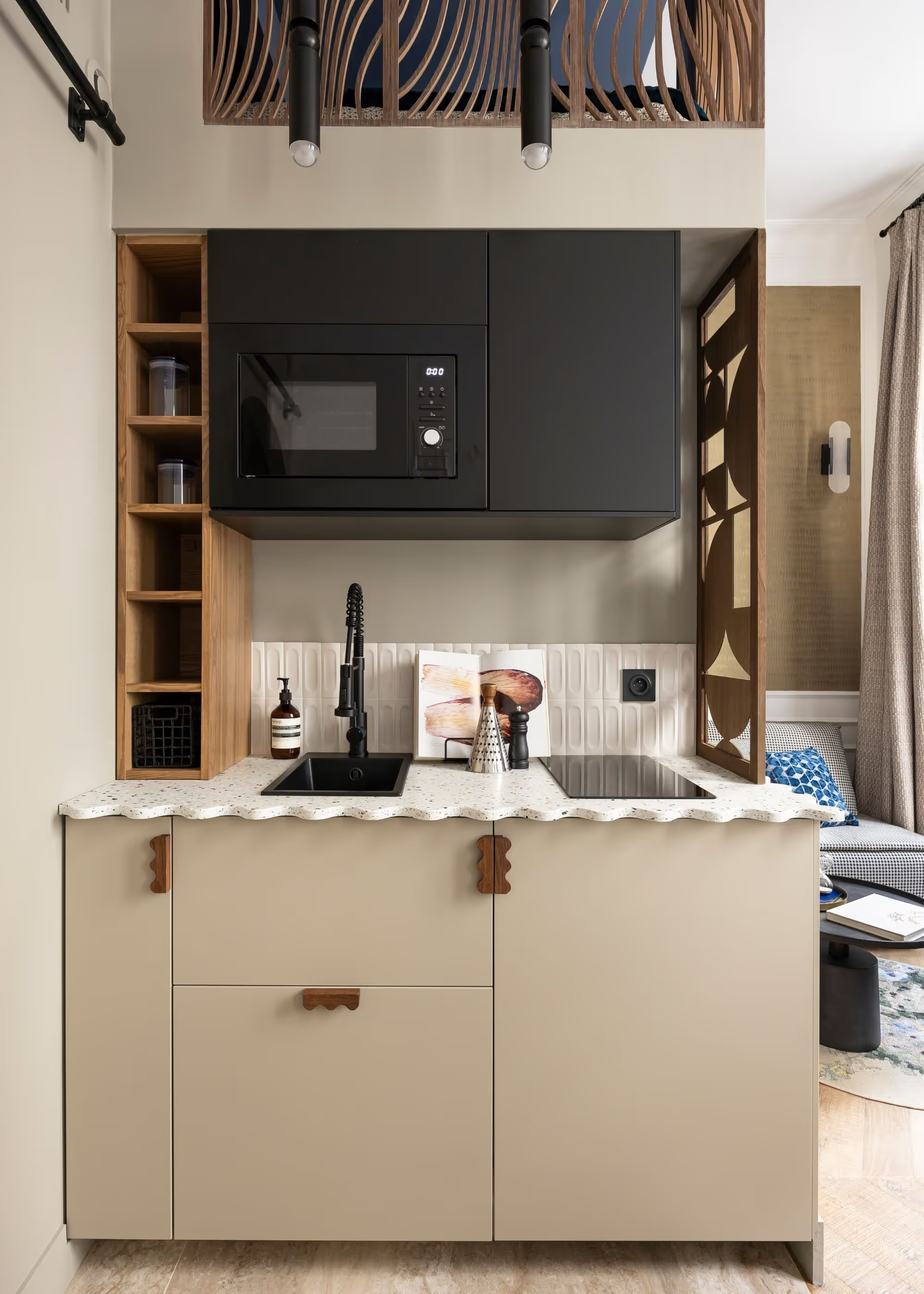




.webp)
